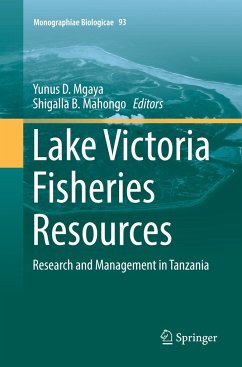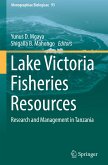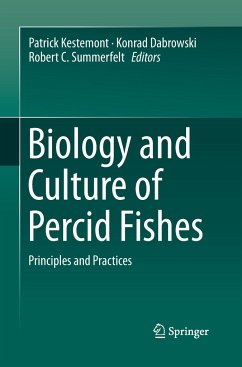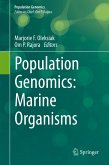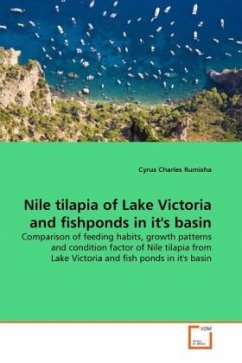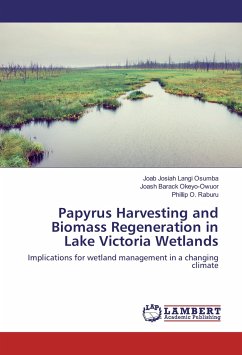This book synthesises the historical trends of the lake fisheries, the lake ecology, biology and biodiversity, socio-economics, stock assessment, aquaculture, fish quality assurance, environmental quality and management of the fisheries resources.
The evolution of fisheries in Lake Victoria has undergone dramatic changes over the last few decades, leading to both ecological and socio-economic consequences. The lake has changed from one dominated by haplochromines in the 1950s, to one currently dominated by Nile perch, 'dagaa' (Rastrineobola argentea) and Nile tilapia.
These changes have mainly been driven by the introduction of the predatory Nile perch in the lake, eutrophication due to increased human activities in the catchment, increased human population growth, overfishing and changes in the global climate system.
This work should therefore be a particularly useful reference to fisheries scientists and managers, potential investors, students and other professionals who may be interested in the Lake Victoria fisheries.
The evolution of fisheries in Lake Victoria has undergone dramatic changes over the last few decades, leading to both ecological and socio-economic consequences. The lake has changed from one dominated by haplochromines in the 1950s, to one currently dominated by Nile perch, 'dagaa' (Rastrineobola argentea) and Nile tilapia.
These changes have mainly been driven by the introduction of the predatory Nile perch in the lake, eutrophication due to increased human activities in the catchment, increased human population growth, overfishing and changes in the global climate system.
This work should therefore be a particularly useful reference to fisheries scientists and managers, potential investors, students and other professionals who may be interested in the Lake Victoria fisheries.

